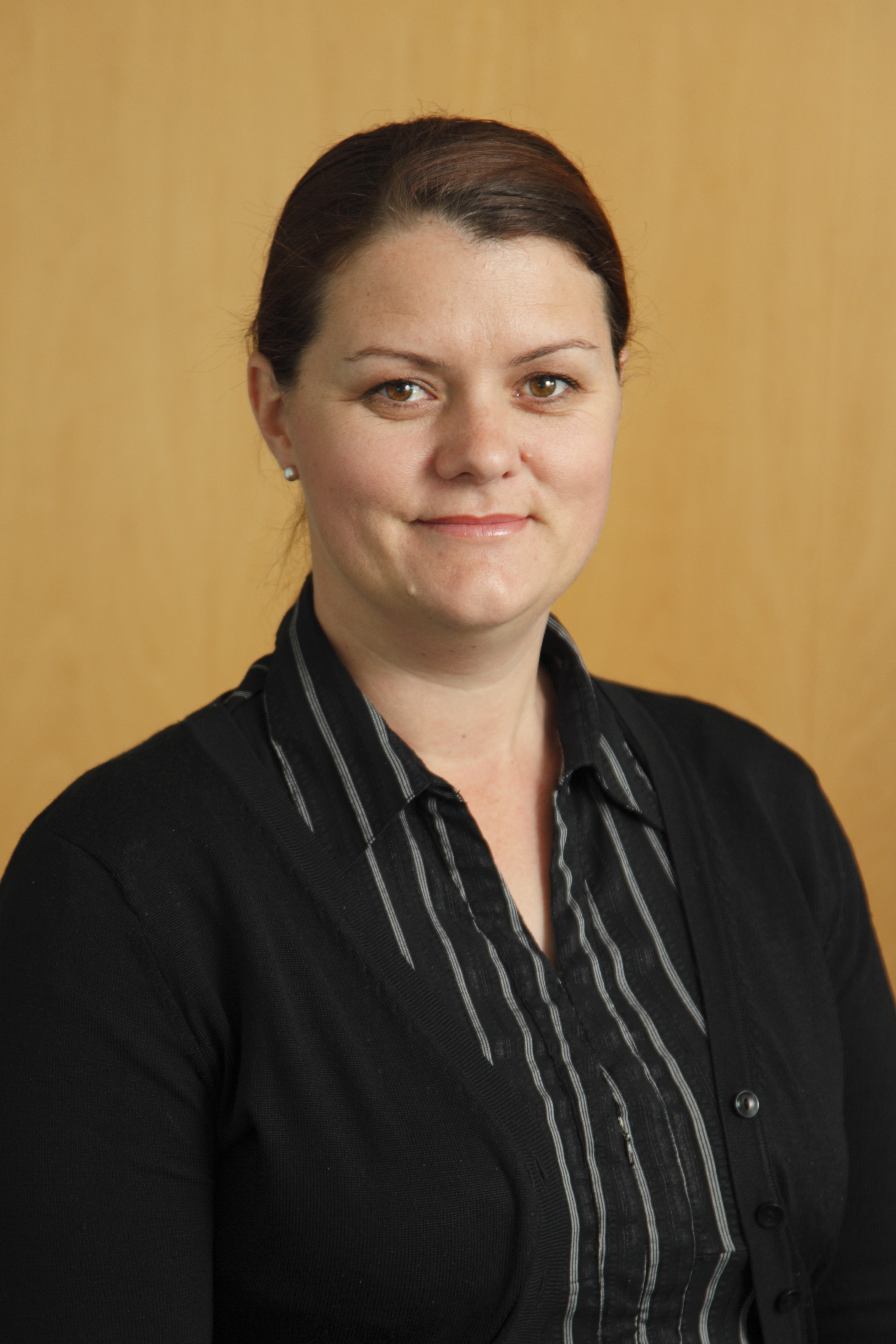Optimising Early Respiratory Support for Preterm Infants: The HIPSTER Trial
-
Project Leader
Dr Kim Dalziel
Project Details
Every year in Australia more than 6000 premature babies need help to breathe. The sickest babies need help from a mechanical breathing machine, but many manage with a less aggressive technique called 'nasal CPAP', which uses short prongs in the nose. Nasal CPAP works quite well, but can be uncomfortable and damage the baby's nose. It requires a high level of nursing skill to manage and can interfere with feeding and bonding with parents. A newer, simpler breathing support is ‘High Flow’. This uses smaller prongs in the nose, causes less nasal damage, and is preferred by parents and nurses. We will perform an international, multi-center, randomized, controlled, non-inferiority trial of High Flow, compared with CPAP, as primary support to investigate whether High Flow is a safe alternative to nasal CPAP in supporting the breathing of premature babies from soon after birth.
The health economics unit will conduct the cost-effectiveness analysis of High Flow compared to NCPAP using trial data. Analyses will incorporate the cost of the device and the associated cost of hospital care from administrative databases. Results will be presented as a cost per additional treatment failure avoided for High Flow versus NCPAP at trial end, and will be determined following analysis of costs of device, costs of hospital care and effectiveness (treatment failure).
Researchers
Dr Calum T. Roberts
Dr Dag Helge Frøisland
Prof Margo A. Pritchard
Dr David W. Cartwright
Dr Clare L. Collins
A/Prof Atul Malhotra
Prof Peter G. Davis
Funding
NHMRC
Research Group
Faculty Research Themes
School Research Themes
Data science, health metrics and disease modeling
Key Contact
For further information about this research, please contact the research group leader.
Department / Centre
MDHS Research library
Explore by researcher, school, project or topic.
